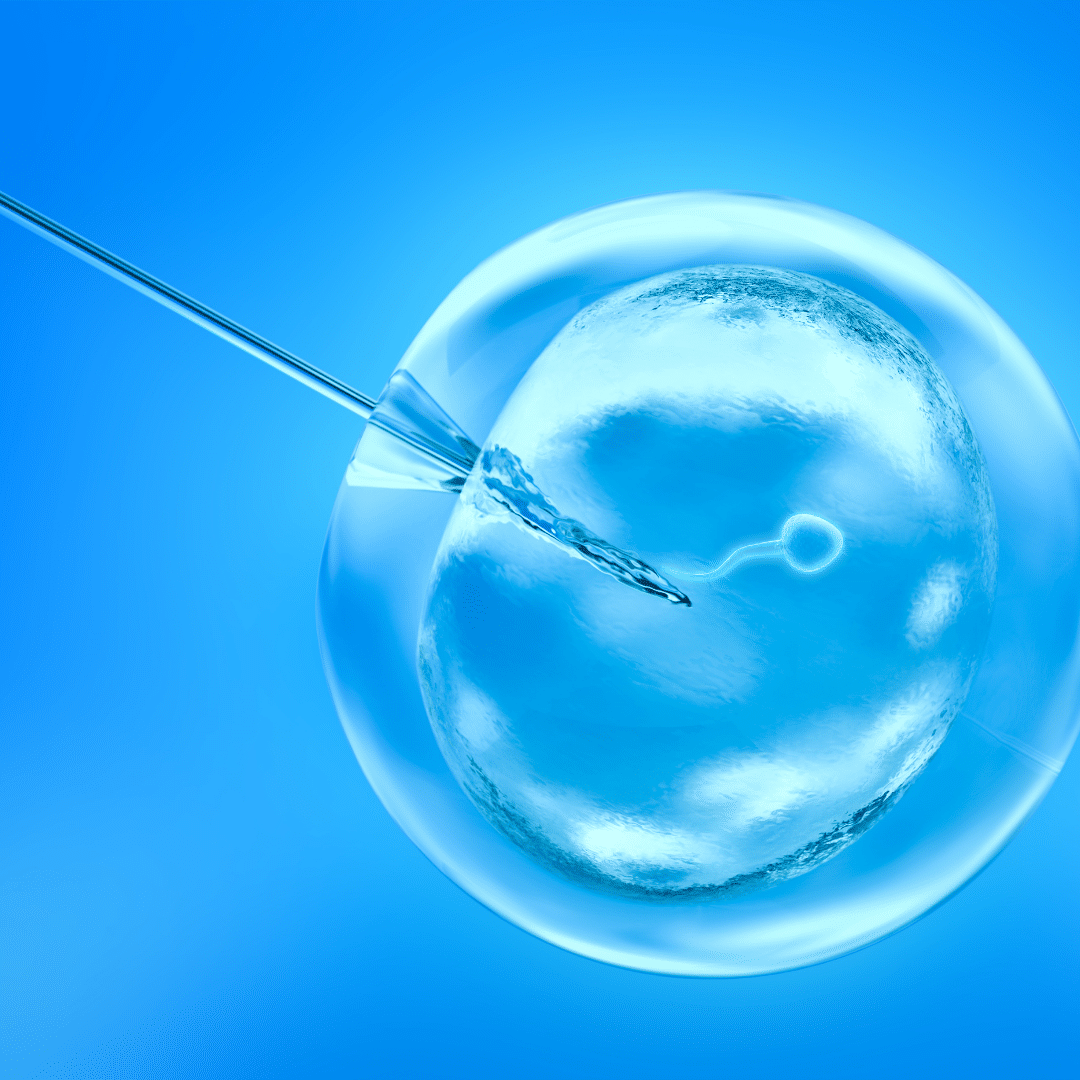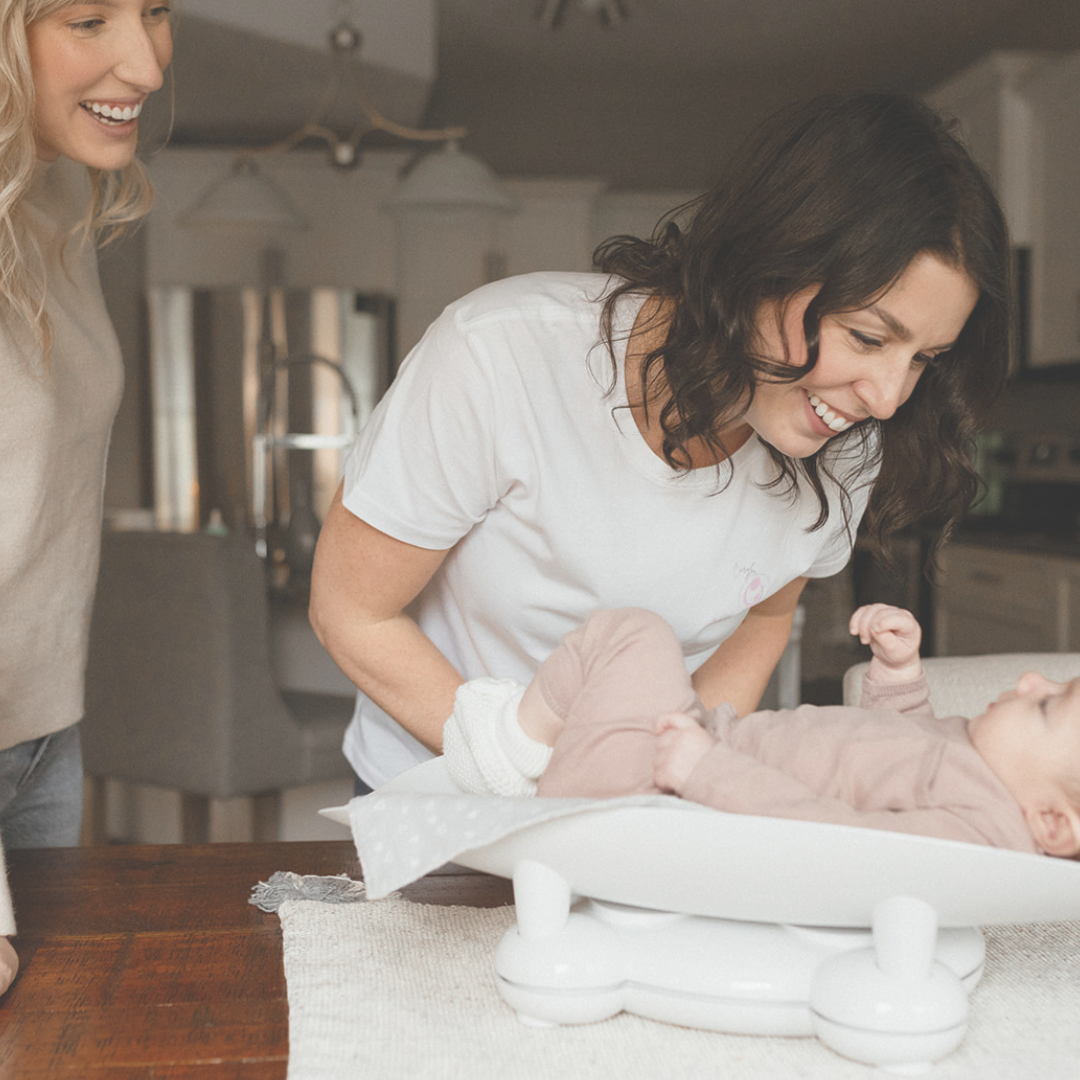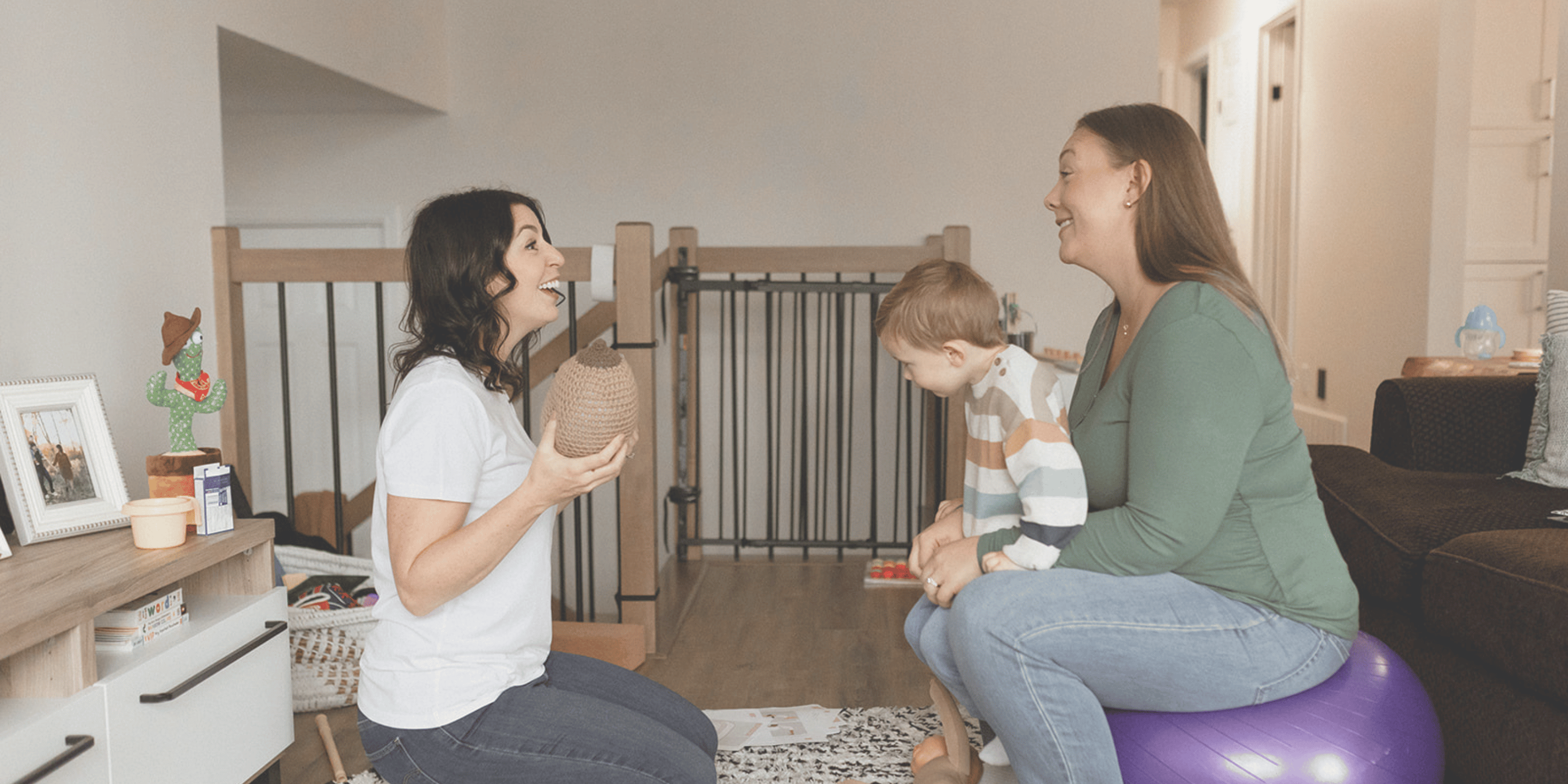We’ve all heard the “advice” before about when you should have a baby. Society insinuates that our biological clocks are “ticking”, but are they really?? and what does that mean for us as women?
Reproduction after 40 can be very difficult – although not impossible. I also like to stress here that over the age of 40 – conceiving can be difficult for both men and women as there are some possibility quality issues with sperm with advanced age as well.
 Let’s stick to the facts – you are considered in the medical world to be of “advanced maternal age” after you hit 35. That is because the best age to be able to reproduce biologically is between the ages of 20-35. However, more and more women are choosing to wait to conceive due to increased options with contraception, life plans, pursuing careers etc. Family planning is inherently personal and there may be a million reasons why you have chosen, or are now pursuing a family at the age of 40.
Let’s stick to the facts – you are considered in the medical world to be of “advanced maternal age” after you hit 35. That is because the best age to be able to reproduce biologically is between the ages of 20-35. However, more and more women are choosing to wait to conceive due to increased options with contraception, life plans, pursuing careers etc. Family planning is inherently personal and there may be a million reasons why you have chosen, or are now pursuing a family at the age of 40.
The reason that conceiving after the age of 40 is so hard, is because after the age of 35, the number and the quality of eggs left in the female begins to decline rapidly. Women are born with all the eggs they are ever going to have. By the time we reach puberty, we have about 400 left that are ovulated one at a time throughout her reproductive life. So essentially, women have a finite amount of eggs, and a finite amount of time to reproduce naturally. Men on the other hand, produce sperm continuously and they generate new sperm about every 3-4 months, so quality issues can sometimes be addressed.
Quality of eggs is somewhat of a concern at the age of 40 – the risk of having a chromosomal abnormality increases with age. There is a risk of 1 in 385 for having a chromosomal abnormality when you are 30 years of age, and it increases to 1 in 63 by the time you are 40. This does include increased risks for men, as their sperm quality may reduce over the age of 40 and it may slightly increase genetic abnormalities.
So what can you do about this? If you are trying to conceive and you are 40 years old, you should seek medical attention by a qualified fertility specialist as soon as you can. Your doctor can properly counsel you on your chances, risks and possible treatments specific to your situation. They may also screen you for concurrent medical conditions like hypertension and diabetes if you are 40 or older as this is more common at this age and may impact your ability to get pregnant. This will increase the speed at which you may use assisted reproductive technologies that may increase your chances for successfully conceiving. There are often long wait lists for fertility treatments so you do want to see a specialist right away.
Your doctor also may do a blood test that can approximate what ovarian reserve you have left or how many quality eggs you may have left. This is important information because fertility treatments that stimulate your ovaries to produce multiple eggs for assisted technologies like in vitro fertilization may not be successful if you do not have any eggs left. The chances of ovarian stimulation working in a woman over the age of 40 are quite low. If after 1-2 cycles where stimulation is attempted do not work, it is usually recommended you move to in vitro fertilization (IVF).
If it is determined that you do not have many or any eggs left or your quality is poor and it is no longer recommended to use your own eggs, do not fear your journey isn’t necessarily over. There is another treatment you can try, which is purchasing donor eggs. Donor eggs are donated from women who were younger in age and likely had better quality. Using donor eggs with your partner’s sperm to create an embryo may increase your chances of achieving a pregnancy. Please talk to your doctor about any options that may work for you.
If you are over the age of 40 and trying to conceive, I do recommend that you find a support group. Knowing that other women are going through the same thing can be very helpful during this time. Good luck!





